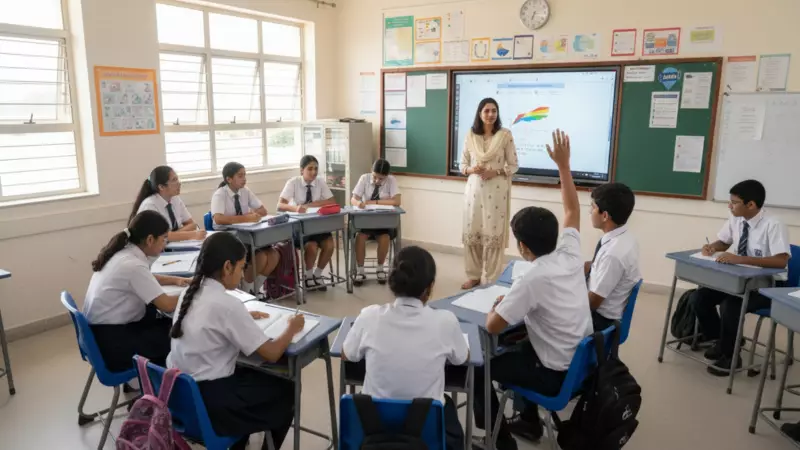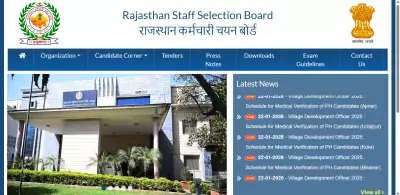
As Indian parents increasingly seek global educational standards for their children, international schools offering diverse curricula like IB, Cambridge, and WACE are witnessing remarkable growth across the country. This educational revolution is reshaping how Indian students prepare for higher education both domestically and internationally.
The International Curriculum Landscape in India
The Indian education sector now hosts three prominent international curricula that cater to different learning philosophies and career aspirations. Each program offers unique advantages that appeal to various segments of India's rapidly expanding urban middle class and expatriate communities.
International Baccalaureate (IB): The Global Standard
The IB diploma program emphasizes holistic development and critical thinking skills, making it particularly attractive to families planning overseas university education. With its focus on research skills and extended essays, IB prepares students for the rigorous demands of top global universities.
Cambridge International: The Structured Approach
Cambridge Assessment International Education offers a more structured curriculum that maintains strong recognition among Indian universities while providing international mobility. Its IGCSE and A-Level programs are particularly popular for their academic rigor and subject specialization opportunities.
Western Australian Certificate of Education (WACE)
The relatively newer entrant, WACE, provides Australian curriculum standards with a focus on practical skills and university pathways. This program is gaining traction among families considering Australian higher education institutions.
Academic Performance and Recognition
Recent academic results demonstrate strong performance across international curricula. Cambridge International reported impressive pass rates among Indian students, while IB students consistently achieve above global average scores. These outcomes highlight the effectiveness of international education approaches in the Indian context.
Financial Considerations
The premium nature of international education comes with significant financial implications. Annual fees for these programs typically range from ₹4-10 lakhs, with additional costs for extracurricular activities and examination fees. However, many parents view this as a worthwhile investment in their children's global future.
The Future of International Education in India
With growing demand for globally competitive education, international schools are expanding beyond metropolitan centers into tier-2 cities. This democratization of international education reflects India's evolving position in the global economy and the increasing aspirations of Indian families for world-class educational opportunities.
As the landscape evolves, these international curricula continue to adapt to Indian educational requirements while maintaining their global standards, creating a unique blend of international pedagogy with local relevance that prepares students for success in an increasingly interconnected world.





